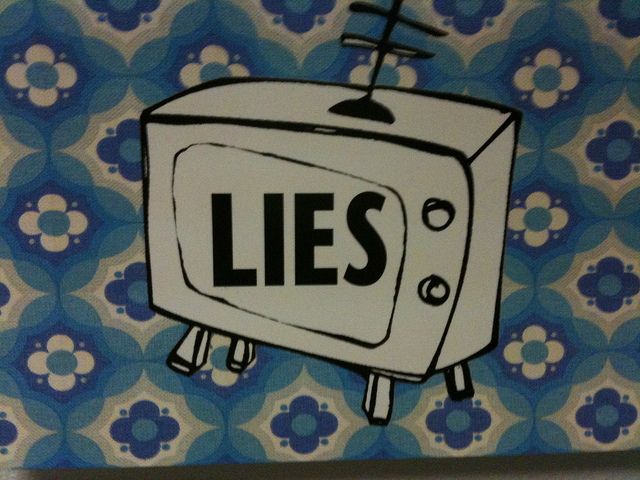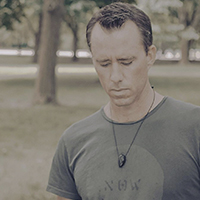Lying is apparently human nature.
Saint or sinner, most everyone lies most everyday, intentionally or not—in subtle, covert and overt ways.
Lying is the distortion of subjective truth. Some lying is actually evolutionary and socially useful: white lies—good or bad—are often used to save face and preserve self-interests. And let’s not forget those innocent, colorful exaggerations people use to over-compensate for insecurities: lies, lies, lies-but essentially harmless ones.
On the other hand, knowingly using misleading information to cheat, control, manipulate or discredit others ultimately does more harm than good to both the liar and those affected.
Heard a gazillion times: “How are you doing today?”
“Good, you?”
“I’m well, thank you.”
…Really? Maybe it is true, maybe this moment is unremarkably fine, but more often than not we automatically resort to these safe, surface formalities just to save time and energy. Or, to bypass genuine authenticity or avoid that potentially sticky mess called human intimacy. I’m positive my dog doesn’t lie to me like this, thank God.
Thanks to our First Amendment rights, we are free to publically speak our minds. Still, truth in this day and age does not seem much of a pressing issue. As a consequence of the politically-correct culture, honest personal opinions have become a liability, so we play it safe by keeping our greetings and comments superficial, artificial and automatic; we keep our deeper thoughts and feelings in check, saved for social media.
Perhaps life is so stressful and super busy that it leaves little time or energy for real substance. If I’m always trying to get somewhere, I’m never where I am; I cannot be honest if I’m not present, and if I’m not present I cannot love. Maybe I could use a little more vulnerability and profundity in the name of sanity.
Sometimes I don’t feel so hot, and other times I feel amazing, so I open up a big can of truth.
In response to “How are you doing today?” I take a moment to consider how I really feel and formulate an honest response: “Not so good, you?” or “Better than ever!”
That little dose of honesty is usually enough to make me appear a bit bizarre and put the brakes on any real opportunity for depth, but sometimes it sparks an actual bonafide conversation—sometimes it even inspires an intelligent interaction.
People are creatures of habit; the way we do anything is the way we do everything. Casually choosing tired niceties over true feelings in everyday social interactions is quite literally the passive practice of falsehood.
What I practice, I get good at; repetition results in mastery.
If I make it a daily habit to be harmlessly inauthentic in seemingly irrelevant moments, I run the risk of making it okay to lie and deceive in more consequential ways. I might even get so habitual with lying that I lose touch with how I really feel.
Inherent in every moment is the underlying matter of truth or untruth, in every human interaction the issue of trust and distrust. The cost of not telling the truth is lost confidence; the cost of being bogus in the face of evidence is lost meaning.
Falsehood ultimately disconnects me from my soul and leaves me feeling disconnected and hollow. When I’m habitually dishonest with little things, I then begin to rationalize away the need to be honest with bigger things. Once I begin to carry little lies around as my modus operandi, my whole life can be a slippery slope leading into one big fat lie.
Next time you respond to a question, pause to consider what your most truthful answer is. Watch carefully what thoughts and feelings arise, then answer from your heart. If you don’t feel comfortable speaking your truth, politely refrain or maintain your silence. If you choose instead to distort your truth, be aware of that choice and its consequences, knowing that with continued awareness you’ll eventually choose honesty—and with honesty, you’ll choose depth.
~
Author: Jeff Beaudoin, Ph.D
Editor: Alli Sarazen
Photo: Ged Carrol/Flickr












Read 2 comments and reply